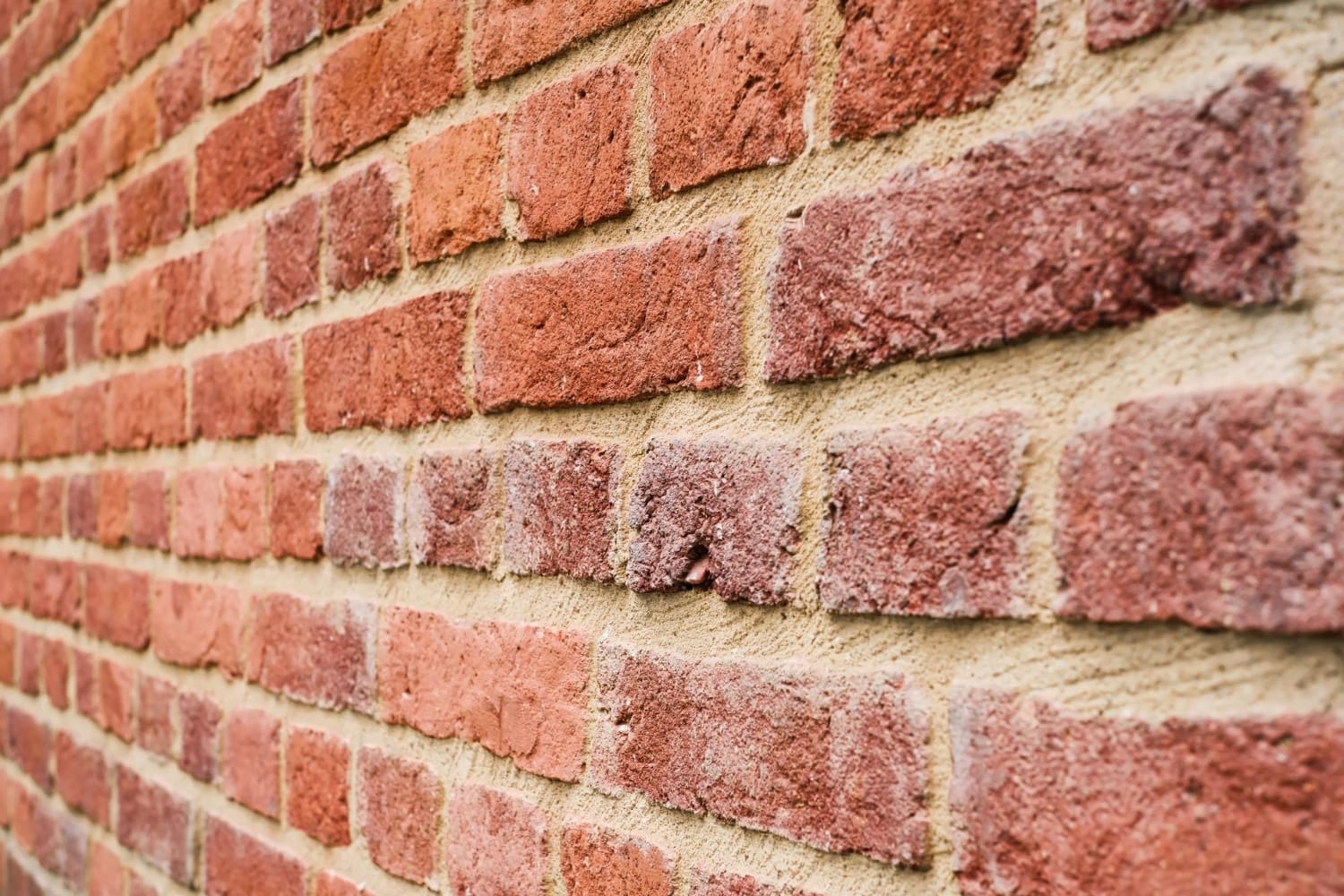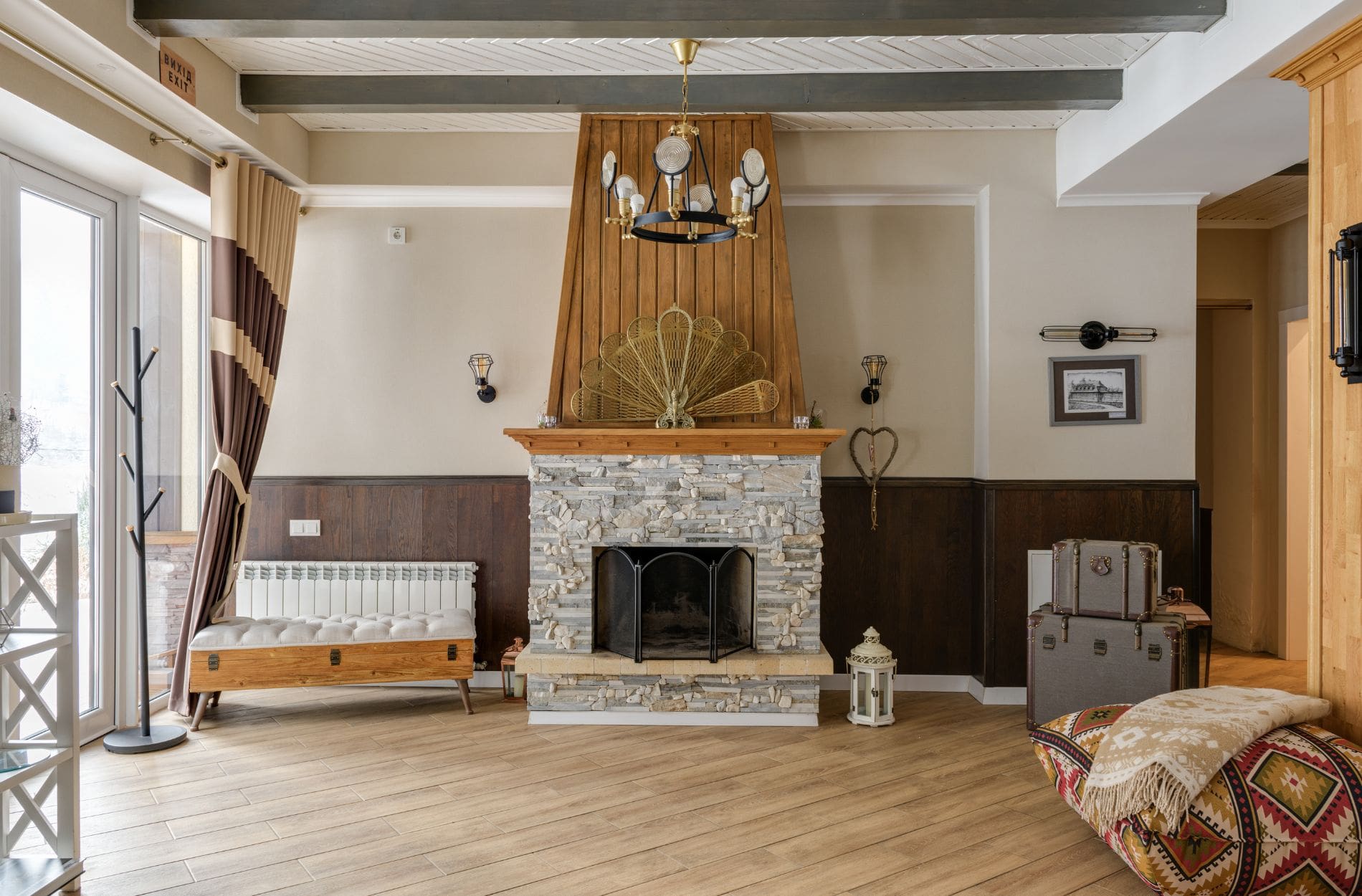Choose the Perfect Masonry Materials for Your Patio

A beautifully designed patio can transform your outdoor space into a functional and inviting retreat. One of the most critical decisions when planning your patio is selecting the right masonry materials, as they play a significant role in its overall appearance, durability, and maintenance requirements. With the wide variety of options available, making the perfect choice can seem overwhelming.
In this guide, we will highlight the top masonry materials to consider for your patio project, helping you make an informed decision based on factors such as aesthetics, longevity, and ease of maintenance. By weighing the pros and cons of each material, you can confidently choose the ideal option that complements your home’s landscape, stands up to the elements, and creates a lasting impression. Trust Detroit Brick Co. to bring your vision to life—creating a stunning patio that reflects your style and enhances your outdoor experience.
1. Natural Stone: Timeless Elegance and Durability
Natural stone is a popular choice for homeowners seeking a classic and elegant patio with unmatched durability. Available in various types such as flagstone, bluestone, and limestone, each stone offers unique colors, textures, and patterns. Key factors to consider when choosing natural stone include:
a. Aesthetics
Natural stone can create a captivating and sophisticated visual effect owing to its striking earthy tones, distinct patterns, and organic shapes. Whether you prefer the multicolored veins of flagstone or the uniformity of bluestone, natural stone offers timeless appeal.
b. Durability
Natural stones are exceptionally durable and can withstand harsh weather conditions, making them a great investment for long-lasting patios. Additionally, they are slip-resistant, providing a safer surface for outdoor activities.
c. Maintenance
While natural stone is low maintenance, it is crucial to apply a sealant regularly to preserve its appearance and prevent damage from water and stains. Sealing gaps to deter weed growth and promptly removing debris will also help maintain the stone’s integrity.
2. Brick: Traditional Charm and Versatility
Brick is a classic patio material, often used in traditional and historic homes for its ageless charm and versatility. Constructed from kiln-fired clay, bricks offer a variety of colors, textures, and patterns. Key factors to consider when choosing brick include:
a. Aesthetics
Bricks provide a warm and inviting ambiance with their rich red, brown, and earth-toned hues. They suit various design styles, from traditional herringbone patterns to the more contemporary basket weave arrangements.
b. Durability
Properly installed brick patios can last for decades, making them a cost-effective choice for homeowners. While moisture and freeze-thaw cycles can cause structural damage over time, selecting high-quality bricks and employing proper sealing techniques will minimize these issues.
c. Maintenance
Brick patios require low maintenance but need occasional cleaning, sealing, and replacement of damaged bricks to maintain their appearance and stability. Ensuring proper drainage will also help prevent uneven settling and water damage.
3. Concrete Pavers: Affordable Customization and Resilience
Concrete pavers are a popular alternative to natural stone and brick, offering various colors, sizes, shapes, and textures to create a customized patio design. Featuring advanced manufacturing processes, modern pavers can mimic the look of natural materials while providing superior resilience. Key factors to consider when choosing concrete pavers include:
a. Aesthetics
Concrete pavers provide endless design possibilities for your patio, with options ranging from traditional cobblestone looks to sleek and modern finishes. You can mix and match colors, shapes, and sizes to create a unique and visually appealing outdoor space.
b. Durability
Concrete pavers are designed to withstand significant weight, weather fluctuations, and general wear and tear. Additionally, the flexibility of paver installations ensures better resistance to cracking and shifting compared to solid concrete surfaces.
c. Maintenance
Routine maintenance of concrete paver patios involves regular sweeping, occasional rinsing, and resealing when necessary. Removing weeds or moss between joints and promptly addressing any lifting or sunken areas will help maintain the patio’s integrity and appearance.
4. Porcelain Tiles: Elegant and Low-Maintenance
Porcelain tiles are a recent addition to the world of patio materials, known for their stylish appearance and low-maintenance properties. These tiles are created from refined clay and fired at high temperatures, resulting in a highly durable and moisture-resistant material. Key factors to consider when choosing porcelain tiles include:
a. Aesthetics
Available in various designs, colors, and textures, porcelain tiles can mimic natural stone, wood, or concrete. They create a luxurious and uniform look for contemporary and modern patio designs.
b. Durability
Porcelain tiles have excellent durability, offering frost resistance and minimal water absorption. Proper installation on a well-prepared base ensures long-lasting performance with minimal risk of cracking or shifting.
c. Maintenance
Porcelain tiles require minimal maintenance, as their dense and nonporous composition prevents staining and discoloration. Periodic sweeping and rinsing are sufficient to preserve their appearance, and there is no need for sealing or protective coatings.
5. Recycled Composite Decking: Eco-Friendly and Hassle-Free
For those wanting an eco-friendly and low-maintenance patio option, recycled composite decking is an increasingly popular choice. Made from a blend of wood fibers and recycled plastic, these materials offer the look of wood without the associated maintenance. Key factors to consider when choosing recycled composite decking include:
a. Aesthetics
Composite decking is available in various colors, textures, and patterns, akin to natural wood. It’s an ideal choice for homeowners desiring a wood-like appearance without sacrificing sustainability or increasing maintenance demands.
b. Durability
Composite decking is built to withstand weather extremes and heavy foot traffic, resisting warping, splintering, and rotting. Additionally, the material is resistant to insects and mildew, contributing to its longevity.
c. Maintenance
With no need for staining, sanding, or sealing, composite decking requires minimal maintenance beyond regular cleaning. A simple combination of soap and water will keep your patio looking pristine.
By evaluating the various masonry materials available for patios and considering factors such as durability, aesthetics, and maintenance requirements, you can confidently select the ideal option for your outdoor living space.
Create a Stunning Patio with Detroit Brick Co.
In conclusion, choosing the right masonry material for your patio is essential for creating a visually appealing, functional, and lasting outdoor space. By carefully considering the aesthetics, durability, and maintenance requirements of each option, you can make an informed decision that complements your home’s exterior and enhances your outdoor experience.
Let the expert team at Detroit Brick Co. help you bring your dream patio to life. Our experienced local brick masons will assist you in selecting the perfect materials and ensure a professional installation that meets the highest standards of craftsmanship. Don’t wait any longer to elevate your outdoor space—contact Detroit Brick Co. today to schedule a consultation and start planning your stunning patio project.





